European Investment Bank to phase out fossil fuel financing
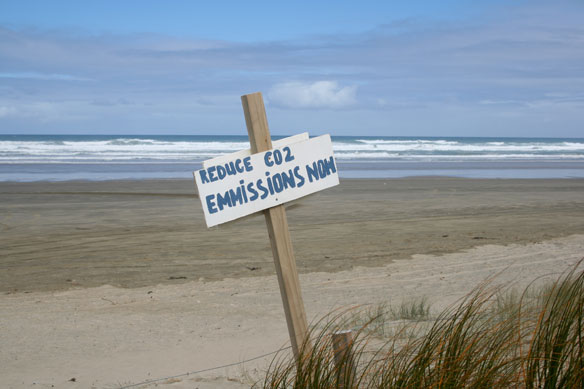
The European Investment Bank has agreed to phase out its multibillion-euro financing for fossil fuels within the next two years to become the world’s first ‘“climate bank”.
Venice is sinking and this time it may go under
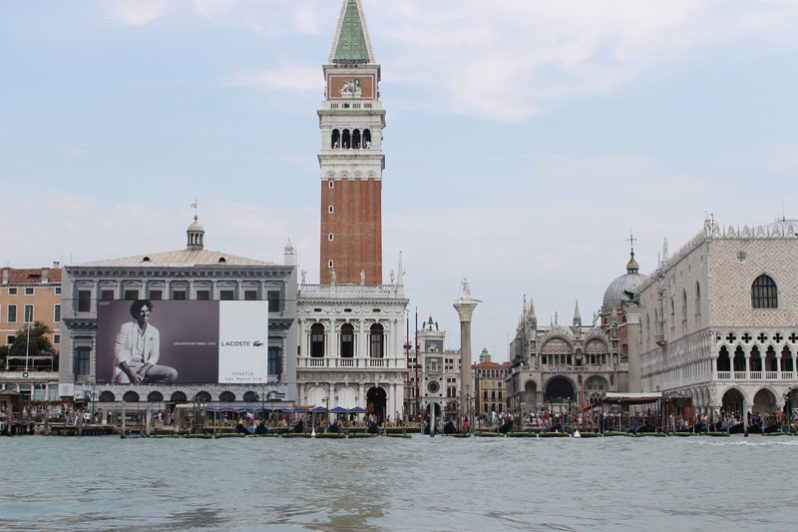
From its founding in the Early Middle Ages, Venice has had a fraught relationship with the sea, protected from the mainland by the waters of the lagoon, yet always threatened by changing environmental conditions. Venetians have always recognized that human choices would shape their relationship with the natural world.
Why climate change appears to be increasing the frequency of food-borne illnesses
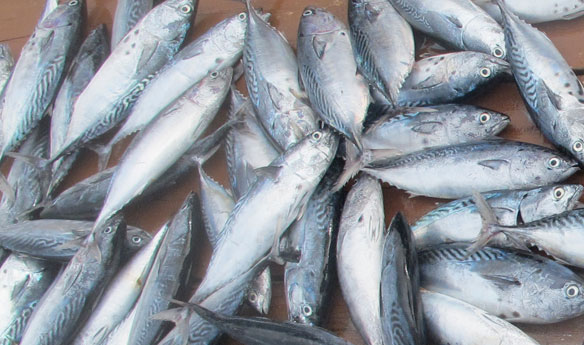
Climate change appears to be fuelling a rise in people getting sick from food-borne illnesses, says a Canadian food safety expert.
11,000 scientists sign declaration of global climate emergency

Thousands of scientists from around the world have signed a declaration stating “clearly and unequivocally” that humans could endure “untold suffering” if massive changes aren’t made to the biosphere.
The ice used to protect them. Now their island is crumbling into the sea.
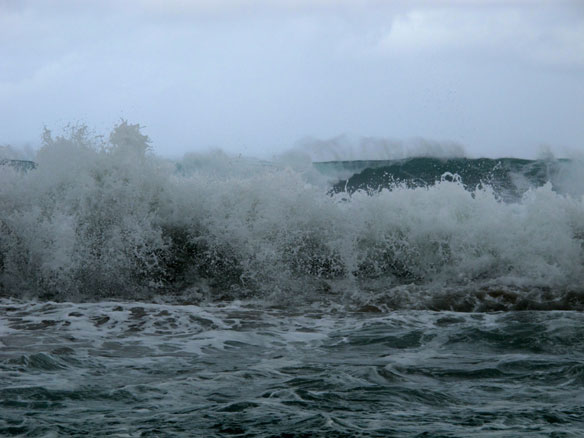
The more than 12,000 residents of this windswept Canadian archipelago are facing a growing number of gut-wrenching choices, as extreme climate change transforms the land and water around them. Season after season, storm after storm, it is becoming clearer that the sea, which has always sustained these islands, is now their greatest threat.
Why Rising Acidification Poses a Special Peril for Warming Arctic Waters
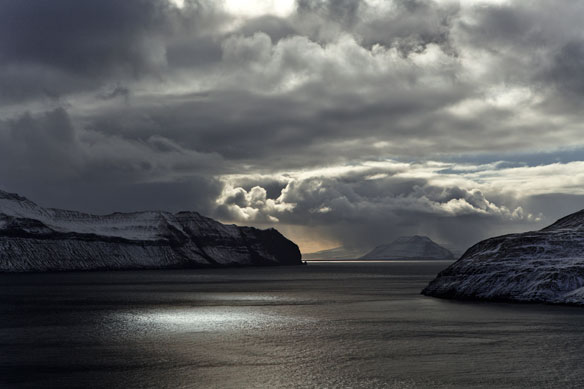
A recent Northern voyage on a Norwegian research vessel highlighted how soaring carbon dioxide levels and the resulting acidification of the oceans present an especially grave threat to the Arctic’s cold seas and the rich marine life that they harbor.
The World can make more water from the sea, but at what cost?
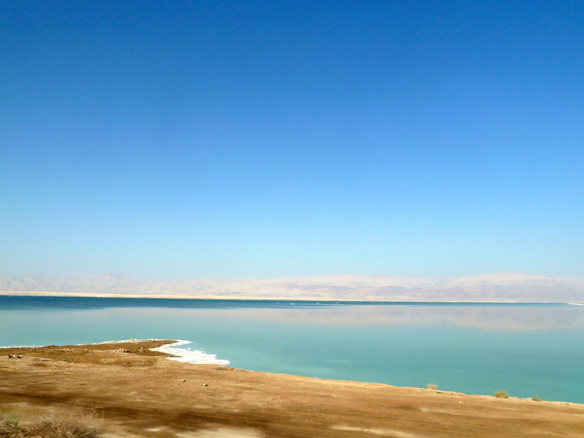
Worldwide, desalination is increasingly seen as one possible answer to problems of water quantity and quality that will worsen with global population growth and the extreme heat and prolonged drought linked to climate change. However, desalination remains expensive, as it requires enormous amounts of energy.
Indian Ocean Dipole spells flood danger for East Africa
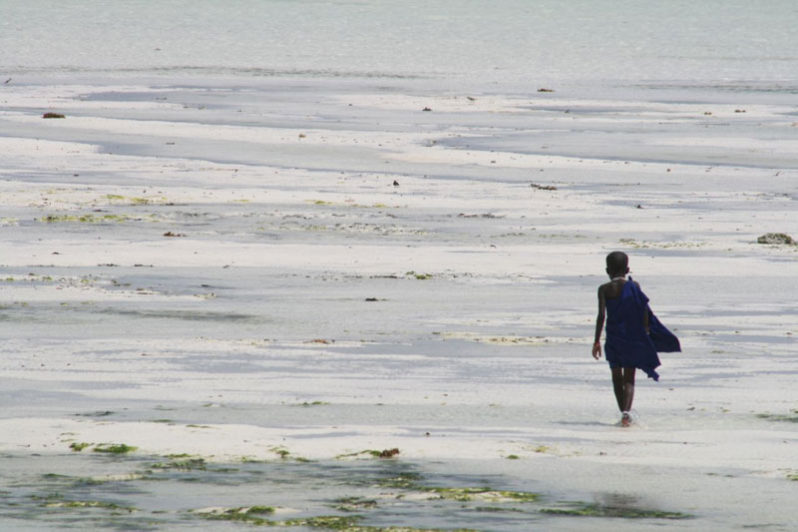
Hundreds of thousands of people in East Africa are affected by heavy rains and floods linked to record-breaking temperature changes in the Indian Ocean. As a result, higher evaporation off the African coastline is being dumped inland as rainfall: a simplified description of 2019’s positive Indian Ocean Dipole (IOD) episode.
The IPCC’s Special Report on Oceans and Cryosphere – What it means for Africa’s coastal cities
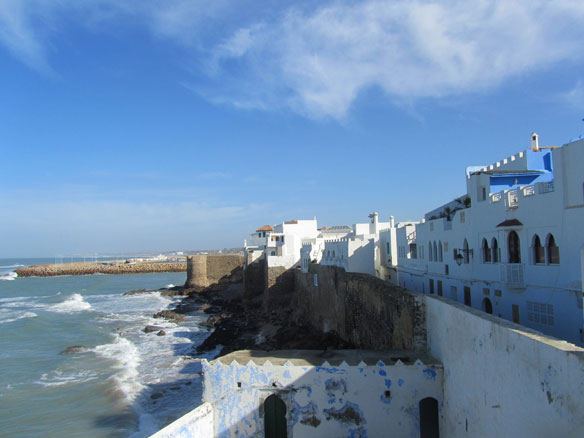
For African coastal cities, sea level rise and increasing storm frequency and intensity pose serious threat. West, Central, East and Mediterranean coastal zones in Africa are very low-lying. Within these low-lying coastal zones are many of Africa’s largest cities: Dakar, Abidjan, Accra, Lagos, Dar es Salaam, Alexandria, Tripoli, and Cape Town.
